As your prospective (or reoccurring) HVAC contractor in Arlington, VA, you’ve probably heard us mention routine maintenance quite a few times. It’s an excellent service that’s well worth the money it costs. Over time, maintenance can halt repairs before they become bad, keep efficiency levels high, and do a lot more for your home comfort. As far as yearly services go, this is one of the best you could hope for.
Unfortunately, the majority of HVAC system owners don’t schedule maintenance yearly. In fact, many people think they don’t need HVAC maintenance at all, and that they’ll be fine without it. This is what we’re going to address in this blog post.
Skipping AC maintenance won’t spell out the end of the world–but it will be pretty devastating to the condition of your system. We’ll see what happens when you skip maintenance over 1, 3, 5, and 10 years.
Continue Reading
Tags: AC Maintenance, AC Repair, Arlington, HVAC contractor
Posted in Air Conditioning | Comments Off on What Happens When You Skip AC Maintenance?



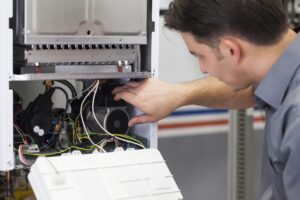
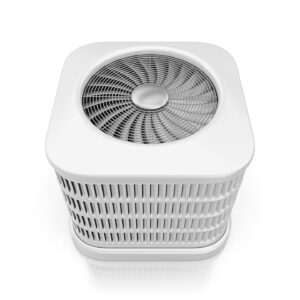
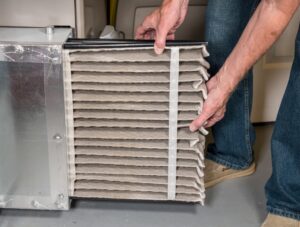 We’re coming up on one of the last blog posts this year that we’ll be writing about air conditioning. It’s true, the summer quickly came to a close and now we’re almost a quarter of the way through October! This means that heating season is upon us and we’ll be shifting topics to people in need of heater help.
We’re coming up on one of the last blog posts this year that we’ll be writing about air conditioning. It’s true, the summer quickly came to a close and now we’re almost a quarter of the way through October! This means that heating season is upon us and we’ll be shifting topics to people in need of heater help.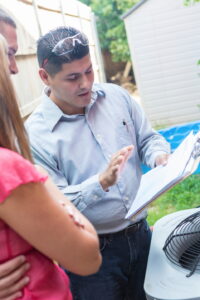 How is your air conditioner doing? Is it causing you to cover your ears multiple times a day because of a noisy problem? Or is it running silently in the background while you enjoy time with your friends and family. Most houses lie somewhere in between.
How is your air conditioner doing? Is it causing you to cover your ears multiple times a day because of a noisy problem? Or is it running silently in the background while you enjoy time with your friends and family. Most houses lie somewhere in between. No, this isn’t the same as your kid asking you if your “refrigerator is running?” and subsequently following up with “well, why don’t you catch it!” Refrigerant leaks are a real problem, and as funny as they might sound, they’re not a laughing matter when you encounter one in your own home. They can cause energy bills to skyrocket, they can cause a whole system breakdown, and even lead to decreased cooling power to the point where your home is as hot and humid as it was before you invested in an air conditioner. Refrigerant leaks need to be dealt with by professionals.
No, this isn’t the same as your kid asking you if your “refrigerator is running?” and subsequently following up with “well, why don’t you catch it!” Refrigerant leaks are a real problem, and as funny as they might sound, they’re not a laughing matter when you encounter one in your own home. They can cause energy bills to skyrocket, they can cause a whole system breakdown, and even lead to decreased cooling power to the point where your home is as hot and humid as it was before you invested in an air conditioner. Refrigerant leaks need to be dealt with by professionals.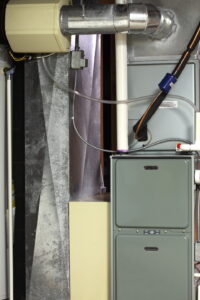 We’re never going to tell someone not to call us. We love hearing from our customers, we enjoy helping out our friends and neighbors, and it’s important to have a team you can trust to help when you need it. That being said, there is definitely a time and a place for furnace repairs, and if that time and place is all the time for your home, then something is clearly wrong.
We’re never going to tell someone not to call us. We love hearing from our customers, we enjoy helping out our friends and neighbors, and it’s important to have a team you can trust to help when you need it. That being said, there is definitely a time and a place for furnace repairs, and if that time and place is all the time for your home, then something is clearly wrong.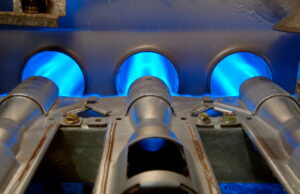 It’s heating season, which means comfortable temperatures for homeowners with reliable heaters, and sleepless nights for those that don’t. Heaters always bring with them a certain amount of concerns that just aren’t there during the cooling season with air conditioners. For example, there are no air conditioners that run on natural gas, so safety isn’t really an issue that ever comes up when working out a problem. For heaters like furnaces, safety always needs to be on your mind.
It’s heating season, which means comfortable temperatures for homeowners with reliable heaters, and sleepless nights for those that don’t. Heaters always bring with them a certain amount of concerns that just aren’t there during the cooling season with air conditioners. For example, there are no air conditioners that run on natural gas, so safety isn’t really an issue that ever comes up when working out a problem. For heaters like furnaces, safety always needs to be on your mind.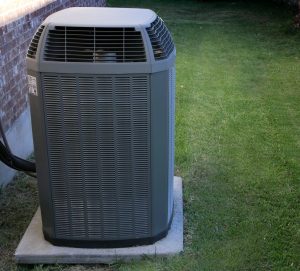 If you’ve never heard the term “short-cycling” before, we don’t blame you. While it’s a well-known term that we use in the HVAC industry, it’s not exactly widespread in our everyday lexicon. So, if you’re just finding this blog post to get the lowdown on what short-cycling is, we’ll answer all your questions.
If you’ve never heard the term “short-cycling” before, we don’t blame you. While it’s a well-known term that we use in the HVAC industry, it’s not exactly widespread in our everyday lexicon. So, if you’re just finding this blog post to get the lowdown on what short-cycling is, we’ll answer all your questions.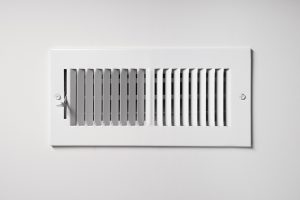 You wouldn’t believe how many homeowners we meet who think their ducts and air conditioners function completely separately. Too many people believe that if their air conditioner is brand new, no matter the shape of their ductwork, they’ll get the cooling they need throughout the summer. This is a completely untenable position.
You wouldn’t believe how many homeowners we meet who think their ducts and air conditioners function completely separately. Too many people believe that if their air conditioner is brand new, no matter the shape of their ductwork, they’ll get the cooling they need throughout the summer. This is a completely untenable position. Repairing your air conditioner is a lot faster and cheaper than a whole system replacement. It’s why so many homeowners opt to have their older air conditioners repaired when they really should be replaced. We understand why, people think their technology can last forever. If homeowners can fix up an old 1969 Ford Mustang and make it run like it did in the old days, why can’t they do the same thing to their air conditioner?
Repairing your air conditioner is a lot faster and cheaper than a whole system replacement. It’s why so many homeowners opt to have their older air conditioners repaired when they really should be replaced. We understand why, people think their technology can last forever. If homeowners can fix up an old 1969 Ford Mustang and make it run like it did in the old days, why can’t they do the same thing to their air conditioner?